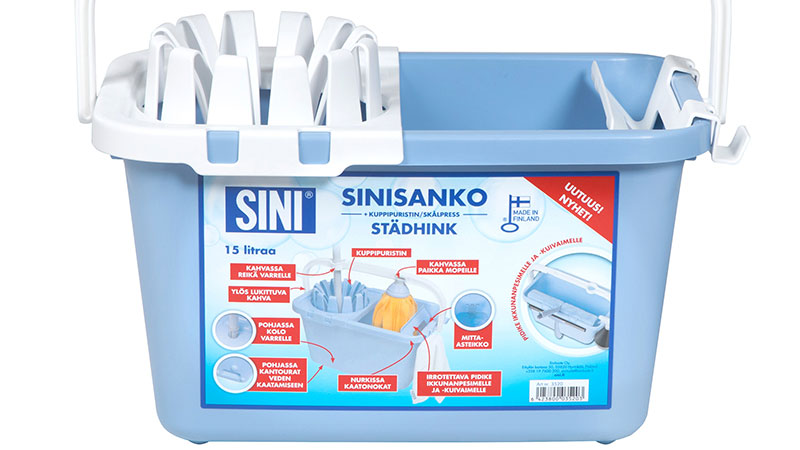The Consumer Protection Act was reformed on 1 October 2023 in a manner that affects online stores. The reforms concern the presentation of different payment methods and authenticating the consumers’ identity in distance selling.
Consumer Protection Act has been reformed – what should online stores know about it?


Piia Raappana
Related services
Payment methods must be presented in a certain order
The Consumer Protection Act will in future require that the payment methods available are presented in a certain order in distance selling:
- The payment methods that do not include the possibility to apply for, or use, credit or other deferred payment methods must be presented first.
- The payment methods that may include the possibility to apply for, or use of, credit or other deferred payment methods must be presented next.
- The payment methods that involve the application for, or use of, credit or other deferred payment methods may only be presented last in the list.
However, this does not mean that online stores would have to offer all these payment methods, but the provision applies to the payment methods that they do offer to consumers from time to time. If a credit is the only payment method offered, it may in certain situations be deemed as an unreasonable contract term.
Furthermore, it will no longer be allowed to offer any payment method as a default in distance selling, but instead the consumers must actively select the payment method themselves, separately for each contract.
New obligation to authenticate consumers’ identity in distance selling
In future, the Consumer Protection Act will also require that the consumer’s identity is, as a rule, authenticated in distance selling if the consumer selects a payment method that defers the payment. According to the Consumer Protection Act, the consumer’s identity must be authenticated using an identification method that meets the requirements of the electronic identification system referred to in Section 8 of the Act on Strong Electronic Identification and Electronic Trust Services or the strong identification requirements referred to in Section 8, Paragraph 24 and Section 85 c, Subsection 4 of the Payment Services Act.
However, this new obligation to authenticate identity does not apply in the following situations:
- Chapter 7 (Consumer credits) or Chapter 7 a (Consumer credits related to residential immovable property) of the Consumer Protection Act or the Payment Services Act is applied to the payment method selected by the consumer.
- The consumer pays, in accordance with the contract, the purchase price when the goods are delivered.
- The service under the contract will be carried out in some other way than through a means of distance communication and the service provider offers the deferred payment itself.
- The question is of buying a commodity through telemarketing.
Practical impact of the reforms remains to be seen
The reforms of the Consumer Protection Act mentioned above are national legislation and not based on any EU Directives, for example. This raises the question of whether this kind of national legislation may hinder, for instance, the freedom to provide services within the EU.











